Credit Score and How to Check It
The impact your credit score has on your financial life is too significant to neglect checking it at intervals. These scores influence the decision of lenders in granting you loans, distributing interest, and setting a repayment period.
Card companies also check your credit score to see if you’re eligible for cash advances, auto loans, and other services. As such, it pays to understand your credit history and score, as provided by one of the major credit bureaus. These bureaus use different credit scoring models based on your available credit history to give you a three-digit rating.
Through our experts’ knowledge gained in practice, we detail everything you need to know about these ratings in this article. These include the range of scores considered good, factors that affect your scores, the importance of a higher credit score, different models of scoring, and how to improve your ratings, among others. We delve into details, breaking down the rudiments of creditworthiness for even the youngest adults.
What is a Credit Score?
This is a three-digit rating provided by the three major credit bureaus based on the information from your length of credit history. This three-digit rating is calculated using two primary models, and it tells financial institutions and lenders of your financial responsibility.
Your score is what lenders take a look at before they grant you a loan. Higher scores are given better services in the form of higher loan amounts, lower interest rates, and longer repayment periods. However, the lower your score, the lower your chances of even accessing credit cards and loans from the issuing institutions.
You can check your credit report and scores for free from one of the three credit bureaus. Based on our observations and research, you can get a free report from the website jointly operated by the bureaus. This is the annualcreditreport.com website.
If you’d rather get your credit information by mail or phone, you can fill out the request form and send it to the agency in Atlanta, Georgia. By phone, our research shows you can reach them at (877) 322-8228.
What Is a Good Credit Score?
A good rating is one that puts you in a position for better financial services, especially from lenders and other financial institutions. Credit scores generally occur in the range of 300 to 850. Consumer Federation of America states, “The higher the number, the better your score” (Consumer Federation of America 2002).
For your rating to fall in the “good range,” it must be between a score of 670 – 739. Our data shows that If your score falls within this range, you get to qualify for different types of credit loans, including personal loans, mortgages, auto loans, debt consolidation loans, even those issued by legitimate payday loan consolidation companies, and payday loans.
For different ages, the average score termed “good” varies. This is because as you age, you’re expected to increase your limits as you’d be open to better jobs. It’s also expected that you have better responsibility for your finances and should have veered far from bad credit. From our studies and research, the list below helps you understand the credit score needed by credit card issuers, bureaus, and financial institutions.
- Age 18 – 25: An average rating of 679.
- Age 26 – 41: An average rating of 687.
- Age 42 – 57: An average rating of 706.
- Age 58 – 76: An average rating of 742.
- Age 77 and over: An average rating of 760
Credit scores can also be poor (300 – 579), fair (580 – 669), very good (740 – 799), and excellent (800+).
What Affects Your Credit Scores?
Different factors can hurt or increase your credit scores. The one with the biggest impact on your credit rating is your payment history with bills, loans, and rent. From our first-hand experiences, we summarize the factors that can improve or hurt your credit score in the list below.
- History with payments: You may hurt your score by missing payments on rent, bills, and loans. Usually, when you apply for credit loans, the providers send your repayment statuses to credit reporting agencies. If you miss a payment, it’ll reflect on your free credit report, hence lowering your ratings. On the other hand, you can build your credit score by making prompt payments on your bills, rent, and loans with interest.
- Credit Utilization Ratio: Your utilization rate or percentage is your current revolving credit divided by your total amount of revolving credit. In simpler times, it’s the amount of money you owe to financial institutions divided by your total available credit limit. The higher this percentage, the lower your credit score. It’s advisable to keep a low credit utilization rate, usually a percentage lower than 30%. Using a quick loans app irresponsibly can increase your utilization rate and negatively impact your score.
- Credit mix: This refers to the credit accounts you efficiently manage. Managing a good line of credit accounts such as instalment loans, cards, and mortgages helps improve your score. It shows the bureaus and lenders that you can effectively pay back any mix of credit loans.
- Long credit history: The history of old and new accounts you own also can contribute to having a good or poor credit score. If you have a long history of effectively managing accounts, your credit score may be better than those who don’t.
- Recent activities: This is important as higher loans require hard inquiries. If you have a string of new multiple credit accounts, it might indicate to the lender that you’re not financially stable. This is taken into account by scoring models, which could result in a lower credit score.
Can Your Score Go Down For No Reason?
From our research, your score cannot decrease for no justifiable reason. The factors listed above determine your credit score, and if it decreases without the effect of any of these factors, it may be an error in the bureau’s report. Fortunately, you can read your reports for errors and notify the reporting agencies/bureaus of any mistakes.
Why Having a Good Credit Score Is Important
The World Bank Group staff in one of their latest publications stated, “The application of credit scoring has evolved from the traditional decision making of accepting or rejecting an application for credit to the inclusion of other facets of the credit process such as the pricing of financial services to reflect the risk profile of the consumer, setting of credit limits and regulatory capital, customer relationship management, and, in certain countries, targeting of prospective customers with offers” (The World Bank Group 2019).
With a minimum credit score of 679, loan providers not only give you low interest rates on amounts, but they also offer you long repayment terms. It gets cheaper and easier to borrow money from credit application companies.
Another perk is that you become open to better services, such as renting an apartment, getting an unsecured credit card, and opening a new credit account. The possibilities a good credit score opens are limitless. Barbara Kiviat, an assistant professor at Stanford University, states, “These days, car insurers use credit scores to predict who will file insurance claims; landlords to gauge who will make rent; utility companies to anticipate who will pay the bill on time; hospitals to decide whose debts to try to collect; and more” (Kiviat 2019).
How to Improve Your Credit Score
The current credit you’re using to apply for loans, rent, and other financial services can be better with a few practices we’ve tested first-hand. If you wonder how to get 800 credit score, check out the tips listed below.
- Pay your bills on time: The most important and effective way to make your score better is to pay your debts, rent, and bills on time. Credit monitoring agencies will take note of this and ensure it is reflected in your report and score.
- Ensure to keep your credit card balance low: Regardless of what your total credit limit is, it’s important to keep your balances low. This helps your utilization rate remain low and your score high.
- Open another credit only when necessary: Hard inquiries are made when you want to open another account. As such, you should limit how much you open accounts so you don’t run down your score.
- Take loans and open accounts with agencies reporting to the bureaus: Your accounts should be opened with financial institutions that report to Experian, TransUnion, or Equifax. You should also do this for your loans so you get a good history of payments that’ll make your score and report better.
Why Your Credit Score Changed
Your ratings are calculated based on the reports given by the agencies on your debts, bills, cards, and accounts. So, whenever you see a change in your reports and scores, you must have done something concerning your finances. For instance, if you take a loan and forget to make a monthly payment, this will negatively impact the credit report, leading to a lower score. Sometimes, you don’t have to miss the payment, but you are late and do not pay the necessary fees. These also affect your report and ratings with the bureau.
Your ratings are calculated based on the reports given by the agencies on your debts, bills, cards, and accounts. So, whenever you see a change in your reports and scores, you must have done something concerning your finances.
For instance, if you take a loan and forget to make a monthly payment, this will negatively impact the credit report, leading to a lower score. Sometimes, you don’t have to miss the payment, but you are late and do not pay the necessary fees. These also affect your report and ratings with the bureau.
Different Credit Scores at Each Bureau
The bureaus (Equifax, TransUnion, and Experian) use different credit scoring systems to calculate your credit score. These systems are both the 350 – 850 grading system, but they analyse reports differently. The two main models are the FICO and VantageScore models. The Fair Isaac Corporation developed FICO, while the credit bureaus developed the VantageScore model jointly.
FICO considers your payment history, owed amounts, history length, accounts mix, and new accounts in that descending order of importance. VantageScore considers your credit usage, accounts mix & experience, payment history, history length, and new accounts to give your ratings.
Debt Consolidation vs. Debt Relief
| FICO | VantageScore |
|---|---|
| Payment history holds the biggest influence on your report. | Your utilization rate holds the biggest influence. |
| Developed by the Fair Isaac Corporation | Developed jointly by Experian, TransUnion, and Equifax |
| You must have at least six months activity to generate a score. | Only a month of activity is needed. |
| A good FICO score starts from 670 | VantageScore’s good rating starts from 601. |
| You get base and industry-specific ratings. | You get base ratings only. |
What is a good FICO score?
From our research on the Fair Isaac Corporation’s website, a good FICO rating lies in the range of 670 – 739. FICO has been the authority on these ratings for a long time, founded in the states in 1956. Their scores are typically higher than VantageScore’s and are widely accepted by banks and several other financial institutions. Based on our observations, the company’s website put the average score in the states at 716, which is an overall good rating. The other ranges, according to FICO, include poor (300 – 579), fair (580 – 669), good (670 – 739), very good (740 – 799), and excellent (800 – 850).
What is a good VantageScore?
Based on our studies of the VantageScore system, a good (prime) rating of this model lies between 661 and 780. Instead of using poor, fair, good, and terms used by FICO, VantageScore categorizes its ratings by “prime”. So, you have subprime (poor), near prime (fair), prime (good), and superprime. If you have ratings less than 600, then you’re in the subprime tier. Near prime is 601 – 660, prime is 661 – 780, and superprime is 781 – 850.
How Are Credit Scores Calculated?
Using the FICO model, your free credit score is based on five main factors, including your payment history, owed amounts, history length, credit card mix, and new credits. Each of these factors weighs differently on a 100% scale.
For instance, payment history takes 35%, owed amounts take 30%, credit history length takes 15%, credit card mix takes 10%, and new accounts take 10%. By this, the rate at which you make payments on your loans, debts, rents, and other bills influences how your credit scores are calculated the most.
This is followed by the owed amounts, which are the debt you have in relation to your credit limits. It’s also called the credit utilization rate. For instance, if you owe lenders about $200 on a limit of $1000, the utilization rate is 20%. If this percentage is higher than 30%, it’s a problem for your score.
Your history length is how long you’ve had accounts and how well you’ve managed payments. For instance, a person with a history of about ten years handling accounts and finances will have a better rating compared to someone who started two years ago. However, how these models pull your credit information and calculate your score specifically based on these important factors remains with the developing companies.
Who Uses Credit Reports and Why?
Virtually every aspect of your day-to-day life revolves around your credit report and score. These reports and credit scores work to give you a comfortable financial life, from services offered by lenders to your prospective employers. The list below highlights and shows who uses credit reports and for what.
- Lenders: From small payday loans to mortgages, lenders will look at your report before deeming you worthy of a loan. It influences their decisions on the terms and conditions attached to them.
- Financial institutions (Banks and Card Companies): If you’re opening an account or getting a credit card, financial institutions will need a credit report to determine what type of account to open and what card to issue.
- Insurance and Utility companies: Primarily, insurance companies use these reports to set their rates. Utility companies check to see if you’ll be a good customer.
- Landlords: These people use your credit reports to determine if you’ll make monthly payments.
- Prospective employers: Some employers use your report to verify your identity and determine if you’ve been involved in embezzlement or theft in previous jobs.
Credit Score Ranges
Poor: This is used to describe ratings in the range of 300 – 579. Individuals with this score are typically rejected by reputable lenders as they’re considered a credit risk.
Fair: This describes scores ranging from 580 – 669. People in this category are occasionally considered by lenders, but they have high-interest rates attached to their loans.
Good: This is for ratings between 670 and 739. It’s a very common category for credit users and is widely accepted by lenders, financial institutions, and other service providers for basic needs.
Very good: Scores in the range of 740 – 799 are considered very good. Individuals in this category have better interest rates and access to higher loan amounts.
Excellent: This ranges from 800 – 850. You can easily open new accounts even with hard inquiries if you fall into this category. You get the highest loan amounts possible and the best interest rates.

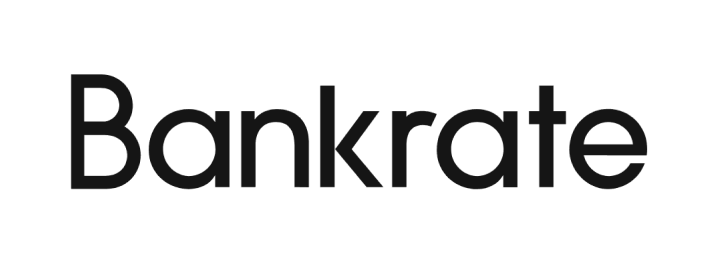


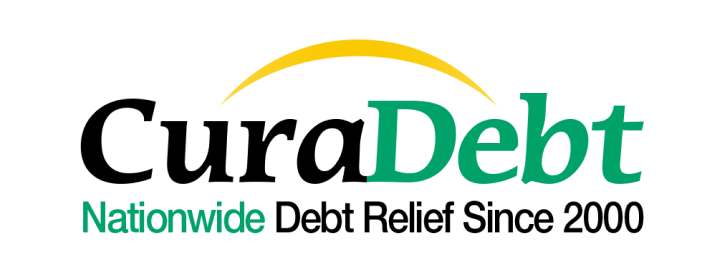
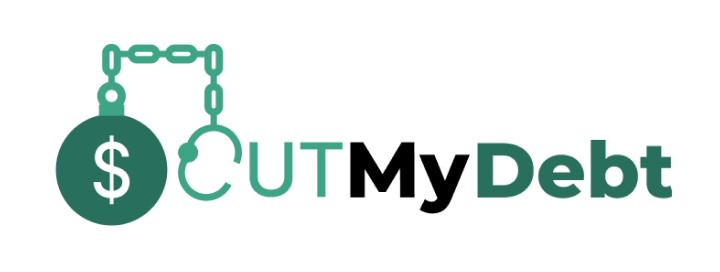
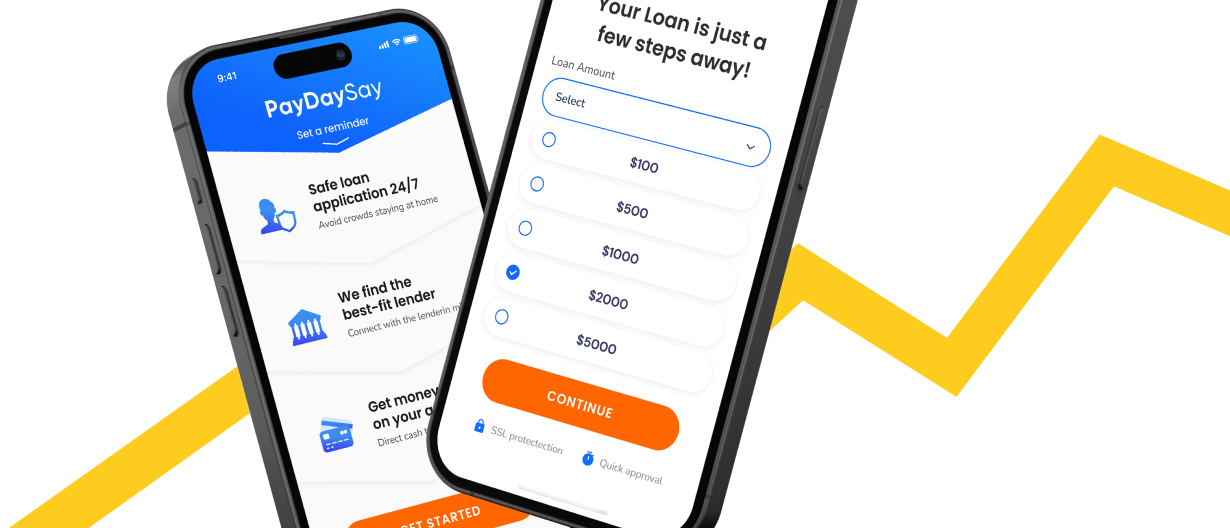




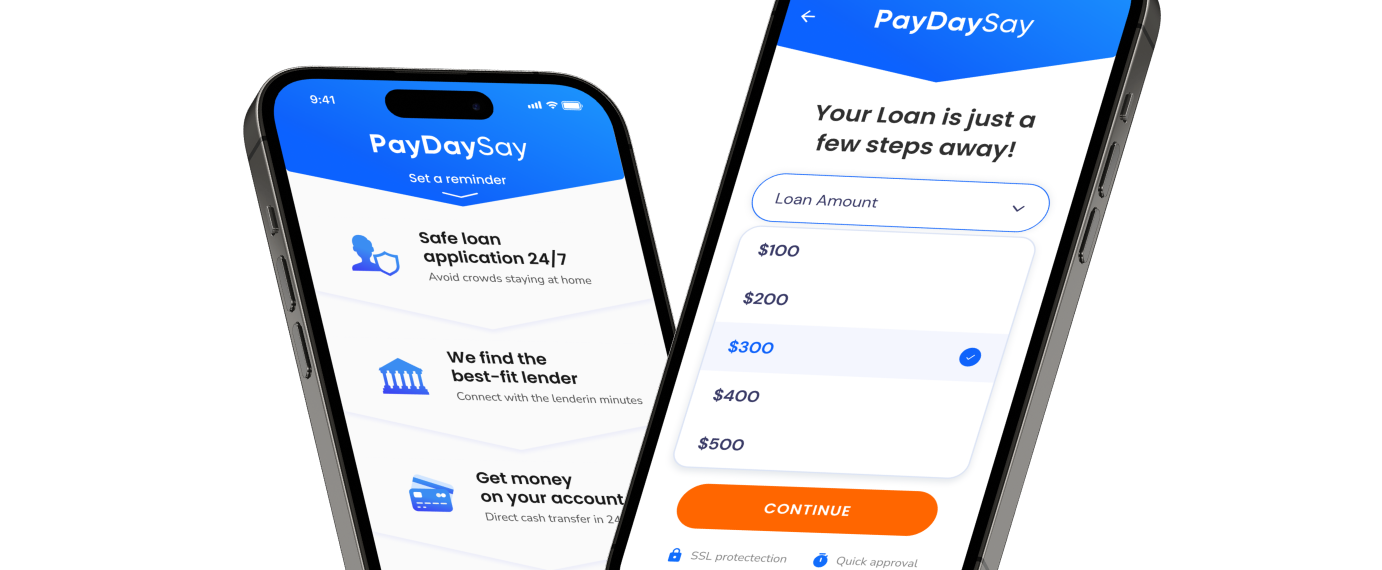









 on your homescreen
on your homescreen